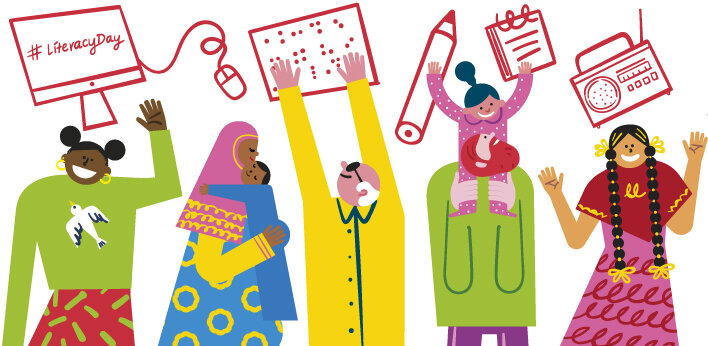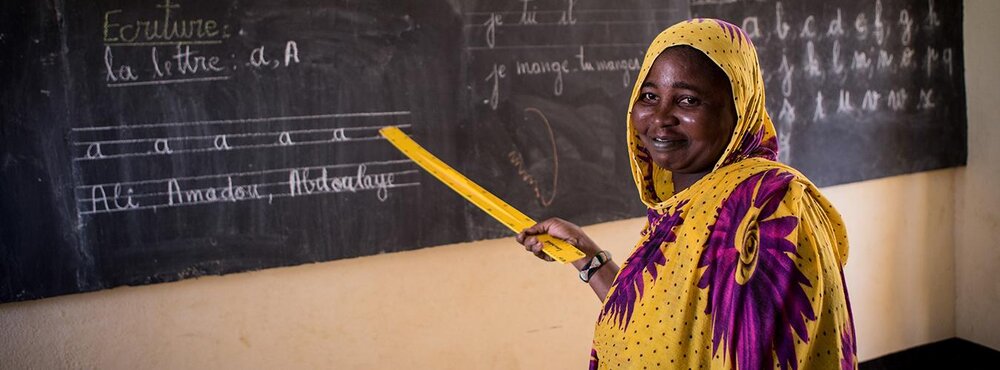Iran (IMNA) - Even in the times of global crisis, efforts have been made to find alternative ways to ensure the continuity of learning, including distance learning, often in combination with in-person learning. Access to literacy learning opportunities, however, has not been evenly distributed. The rapid shift to distance learning also highlighted the persistent digital divide in terms of connectivity, infrastructure, and the ability to engage with technology, as well as disparities in other services such as access to electricity, which has limited learning options.
The pandemic, however, was a reminder of the critical importance of literacy. Beyond its intrinsic importance as part of the right to education, literacy empowers individuals and improves their lives by expanding their capabilities to choose a kind of life they can value. It is also a driver for sustainable development. Literacy is an integral part of education and lifelong learning premised on humanism as defined by the Sustainable Development Goal 4. Literacy, therefore, is central to a human-centred recovery from the COVID-19 crisis.

International Literacy Day (ILD) 2021 will explore how literacy can contribute to building a solid foundation for a human-centred recovery, with a special focus on the interplay of literacy and digital skills required by non-literate youth and adults. It will also explore what makes technology-enabled literacy learning inclusive and meaningful to leave no one behind. By doing so, ILD2021 will be an opportunity to reimagine future literacy teaching and learning, within and beyond the context of the pandemic.
UNESCO International Literacy Prizes
Since 1967, UNESCO International Literacy Prizes have rewarded excellence and innovation in the field of literacy. Over 500 projects and programmes undertaken by governments, non-governmental organizations and individuals around the world have been recognized. Through these prestigious Prizes, UNESCO seeks to support effective literacy practices and encourages the promotion of dynamic literate societies.
Each year the prizes are announced on 7 September.
Background
The 8th of September was proclaimed International Literacy Day by UNESCO in 1966 to remind the international community of the importance of literacy for individuals, communities and societies, and the need for intensified efforts towards more literate societies. The issue of literacy is a key component of the UN's Sustainable Development Goals and the UN's 2030 Agenda for Sustainable Development.
The UN's Sustainable Development Agenda, adopted by world leaders in September 2015, promotes universal access to quality education and learning opportunities throughout people’s lives. Sustainable Development Goal 4 has as one of its targets ensuring all young people achieve literacy and numeracy and that adults, who lack these skills are given the opportunity to acquire them.



Your Comment